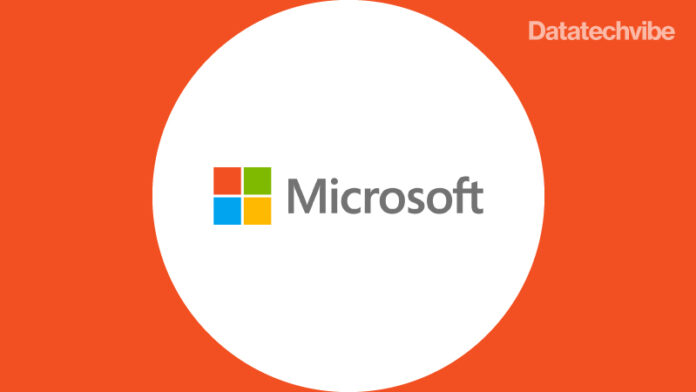Microsoft is making its low-code, robotic process automation (RPA) tool, Power Automate Desktop, available to Windows 10 users at no additional cost, according to an announcement made at Microsoft Ignite conference. The technology is available now as a download and also will be included in Windows Insider Preview builds in the coming weeks, the company said.
Power Automate Desktop is a low-code application that uses RPA to allow users to automate repetitive and time-consuming manual tasks in Windows 10. Since RPA in Power Automate was introduced in 2019, Microsoft said hundreds of thousands of organisations have used the technology to automate billions of actions each month.
In a blog post about the announcement, Stephen Siciliano, principal group PM manager at Microsoft said RPA makes it possible to automate workflows across modern and legacy applications on your desktop by recording actions such as mouse and keyboard clicks. It works much like macros work in your favorite Microsoft Office app, Siciliano said, by recording repetitive actions from your desktop across multiple applications—like SharePoint, Microsoft Excel, Microsoft Outlook, and many third-party applications—as well as websites, and then lets you replay the automation whenever needed, he said in the blog post.
RPA Software: Potential and M&A Activity
RPA software has applications across multiple departments — from IT service desks to HR, finance, customer support and more. Much of the RPA software industry focuses on enterprise customers. Still, RPA may even eventually catch on in the SMB market as MSPs seek to further automate internal and customer operations.
RPA software providers such as Automation Anywhere, Blue Prism, UiPath and Microsoft Power Automate frequently dominate headlines. But M&A activity is also influencing the market, as ChannelE2E reported. What’s driving all the RPA M&A activity? The short answer involves strong customer demand for business automation and digital transformation tools. Indeed, global RPA software revenue is projected to reach USD 1.89 billion in 2021, up 19.5% from 2020, according to Gartner.









